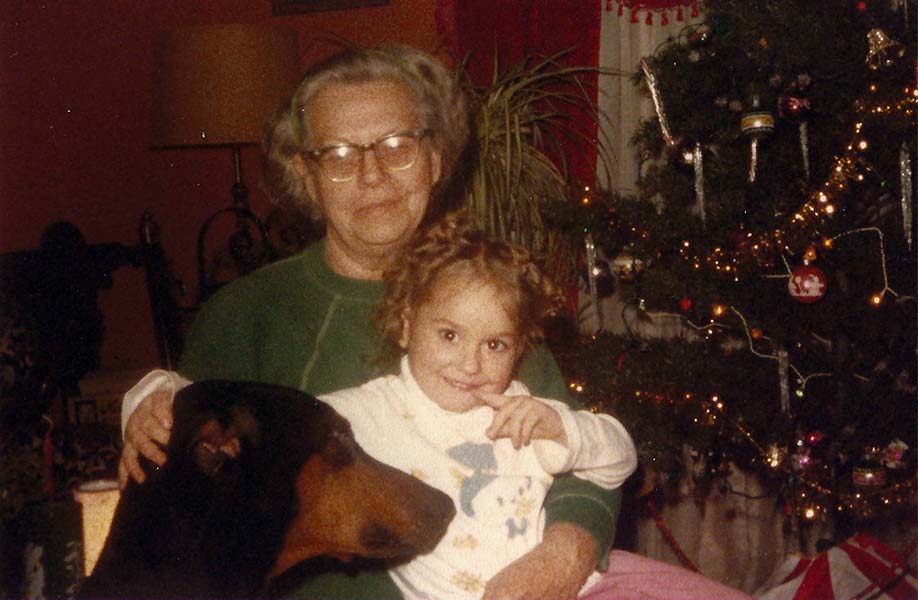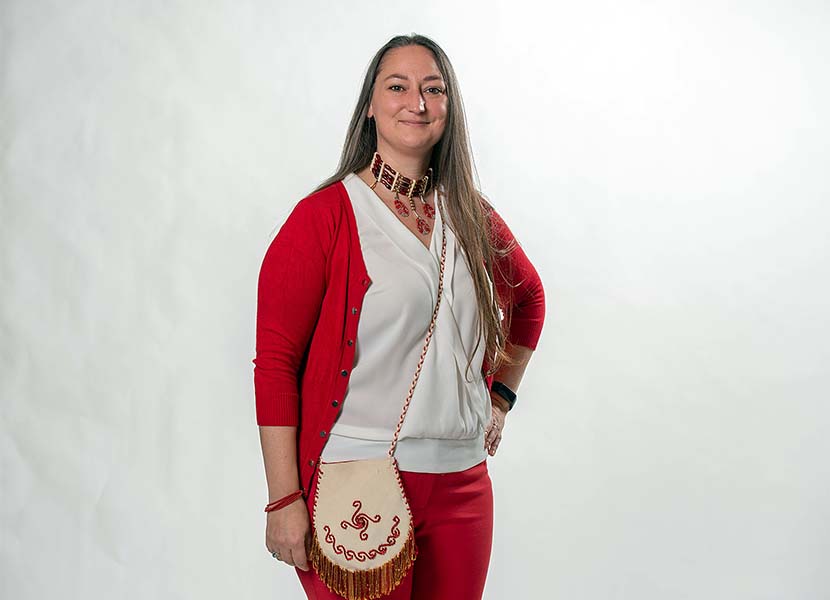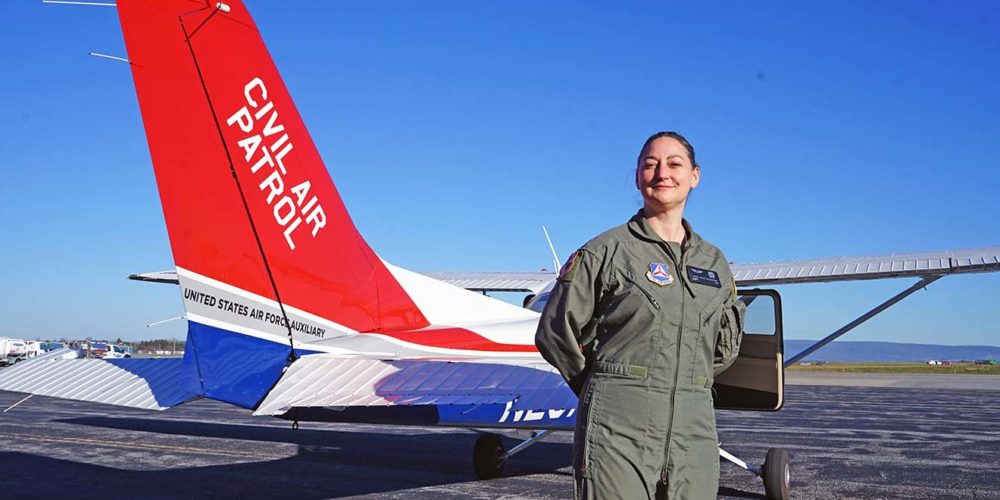Laura Smith-Velazquez (’00, ’06) doesn’t fit many stereotypes.
“It took me a long time to not try to fit someone else’s expectations,” she says.
Growing up in rural Michigan with her Cherokee family, she dreamed of going to outer space while watching sci-fi shows with her grandmother.
“My grandma was a massive early Star Trek fan,” says Smith-Velazquez, now a principal scientist of human-centered intelligent systems at Charles River Analytics, a software company conducting artificial intelligence (AI), robotics and human-machine research and technology development.
However, she stays grounded through her family’s Native American traditions and connection to the Earth. “We believe the Earth nurtures you, and you take care of it,” Smith-Velazquez says. “It’s a reciprocal relationship.”
A Few Facts About Smith-Velazquez
Her family showed her the value of education when she watched her dad get his GED and attend college. “My mom worked two jobs to help put my dad through college, and we had one car. My dad was the primary caregiver for the kids, so sometimes my dad took us with him to school.”
She knew a few Cherokee words growing up but made an effort to learn the language as she got older. She now includes her Cherokee name in her email signature. “There are all these little cultural things that are in language. For example, we don’t say we are sorry in Cherokee. For us, if you do something wrong, you make it right. It is an action, and it is positive intent.”

She worked her way through school with a variety of jobs. One was working as a loss prevention officer at JCPenney, where she was maced and had knives and even a BB gun pistol pulled on her. “I was busting shoplifters. I was really good at it, especially working undercover, because I don’t look burly and mean. I’m always smiling and talking.”
Prior to her current job, she was a senior systems engineer-cognitive scientist in research and technology development at Collins Aerospace and principal investigator on the NASA Sonic Boom Display program, where she worked on a wave propagation algorithm that would allow pilots to plan and modify where a sonic boom hits the ground.

She has won many awards for her work, including the 2020 American Indian Science and Engineering Society Technical Excellence Award; a Society of Women Engineers Patent Recognition Award; and she was part of the NASA/FAA Airplane State Awareness Research Team awarded the 2020 NASA Langley Achievement Award. “Sometimes you don’t feel recognized and then you get it all at once. The hard part was all the award ceremonies were virtual, due to COVID.”
Outside of her work, Smith-Velazquez strives to be a role model to other women in engineering and serves as the Indigenous Peoples Affinity Group Champion for the Society of Women Engineers. “The Cherokee are matriarchal, and we have really strong women. That was a benefit of my culture — I didn’t grow up with the idea that girls do this and boys do that.”
She still loves to fly and is a group commander with the Maryland Wing Civil Air Patrol (CAP) U.S. Air Force Auxiliary. “If I’m on the ground too much, I get antsy. Once a pilot, always a pilot.”
